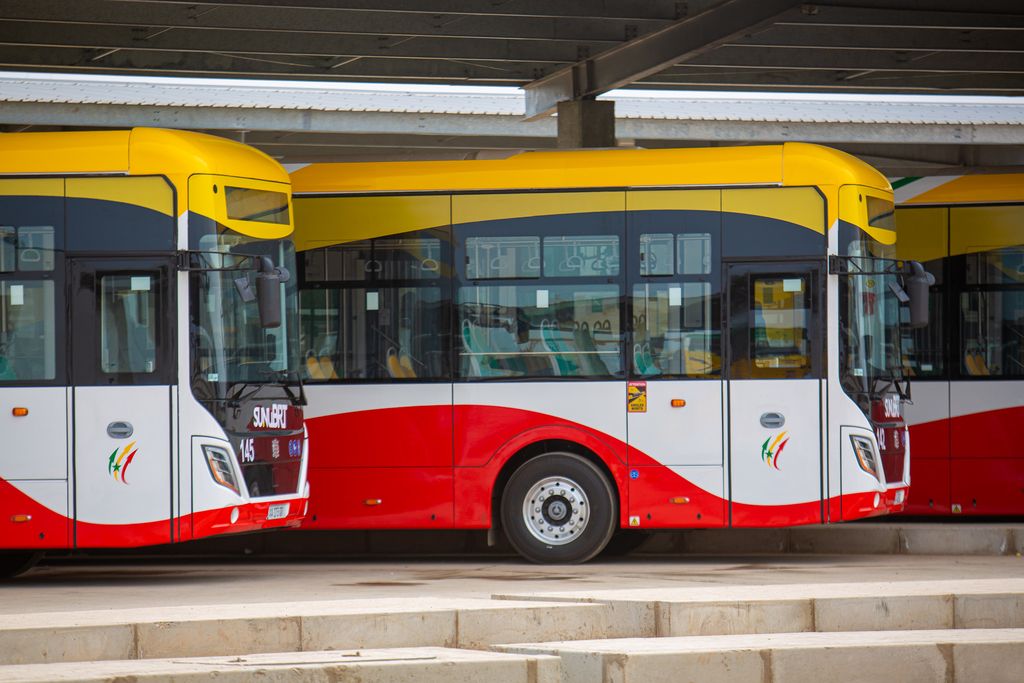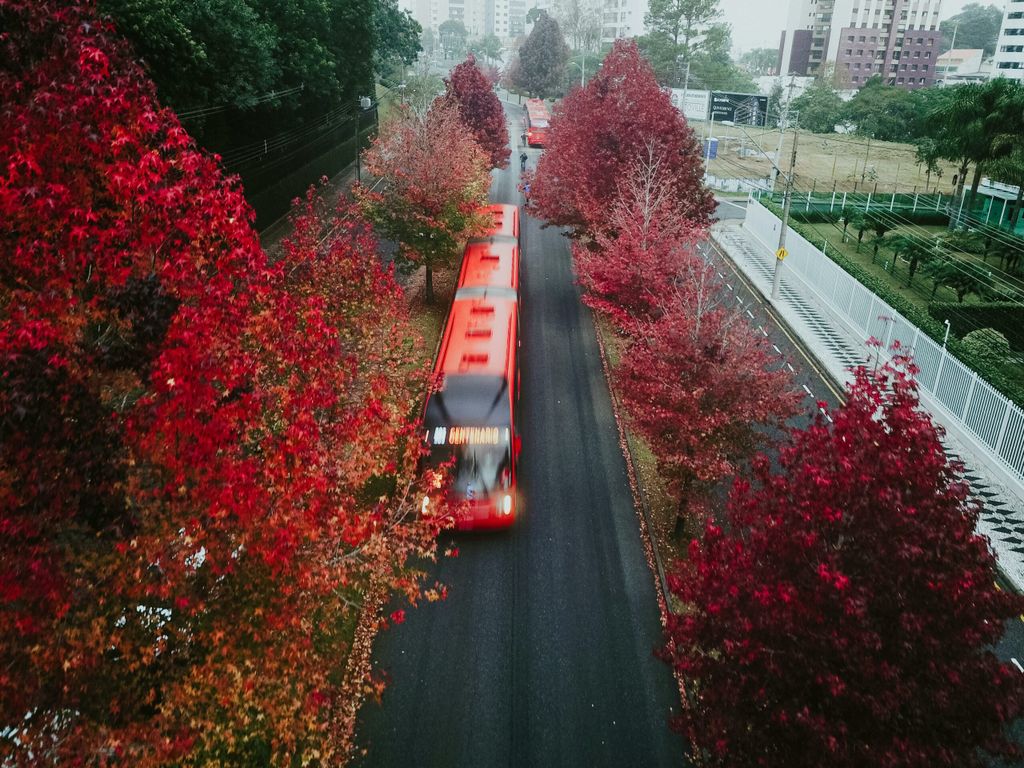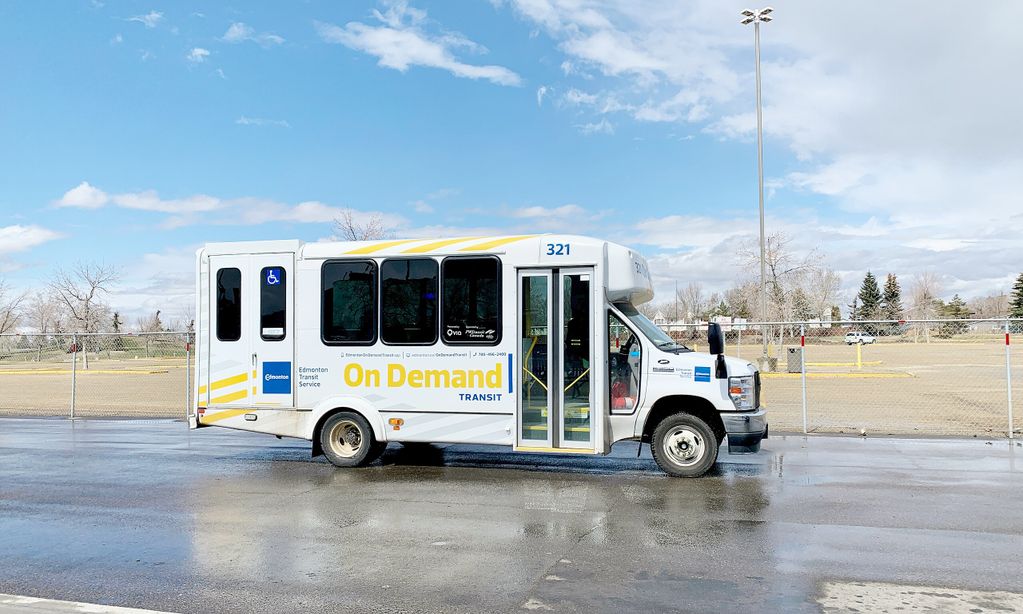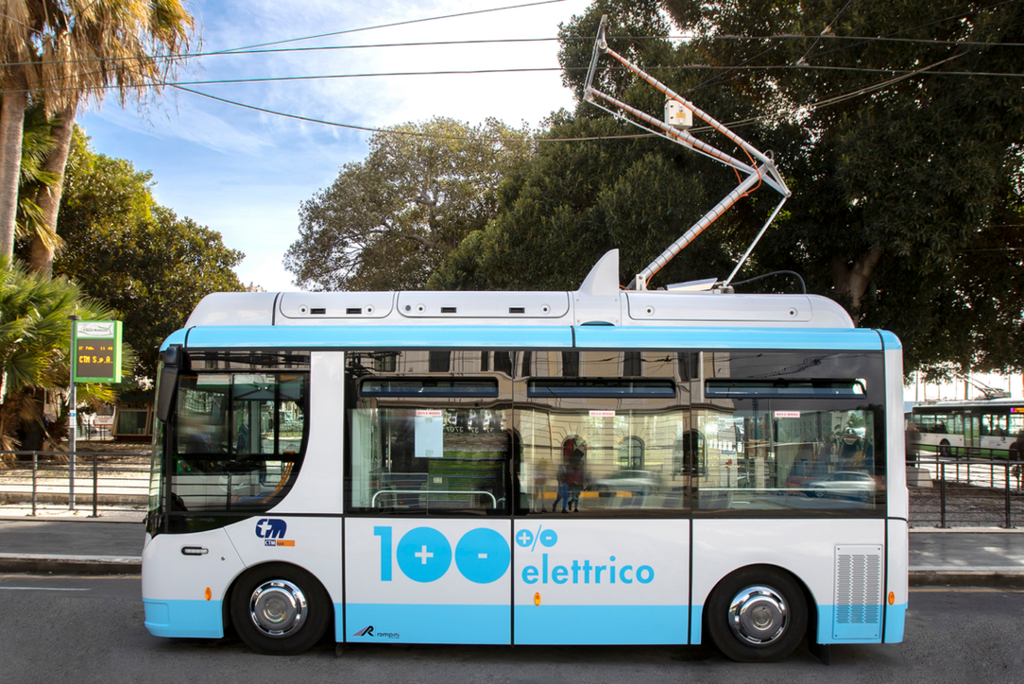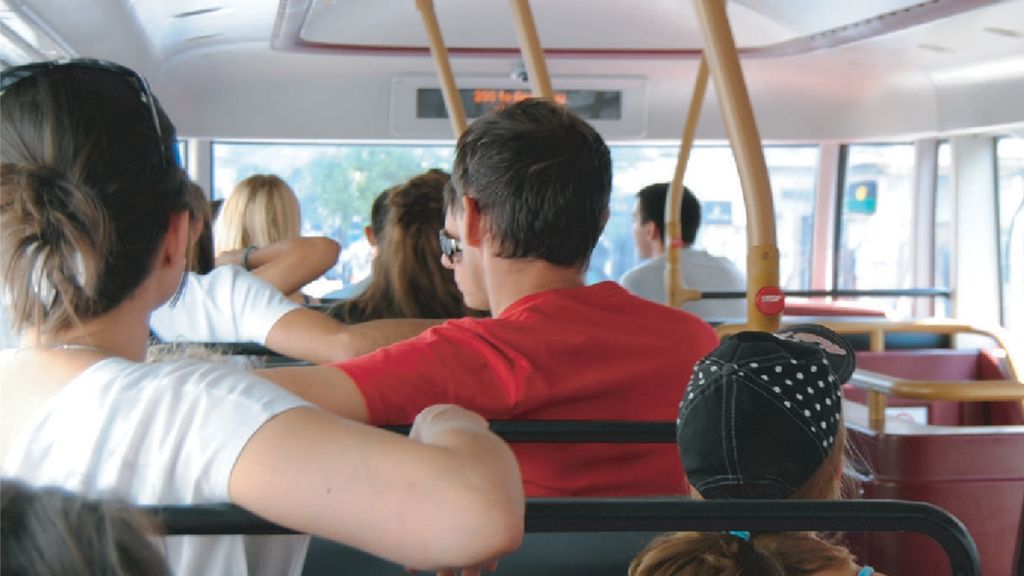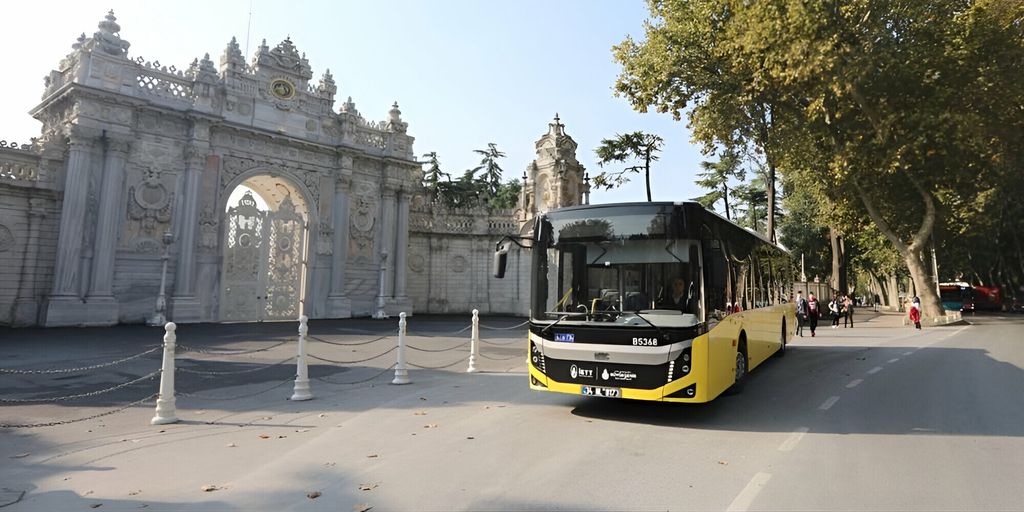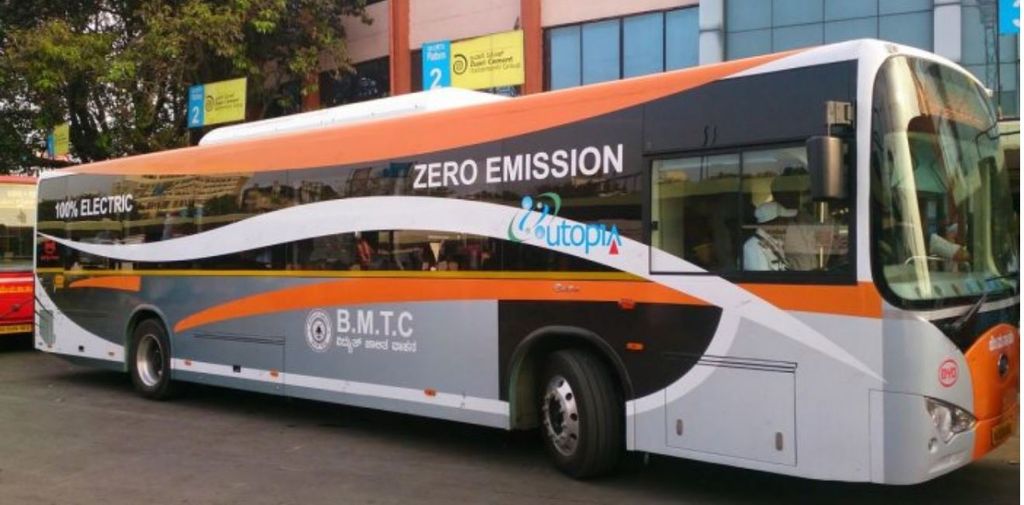
UITP and ICCT signed MoU with BMTC to support soot free bus initiative
Bengaluru, with a population of more than 8 million people, is among the fastest growing metropolitan cities in India.Bengaluru Metropolitan Transport Corporation (BMTC), with its 6,400 strong fleet, is India’s largest public city bus operator and operates only diesel buses. Most of these buses today conform to Bharat Stage (BS) IV emission norms. The operations and maintenance (O&M) costs of these buses are already quite high, with many buses regularly grounded due to maintenance issues. With India’s transition to ‘soot-free’ BS VI (equivalent to Euro VI) standards imminent in 2020, the O&M costs of diesel buses are expected to increase further.
BMTC is currently undertaking a fleet modernisation programme and has identified induction of electric buses into their fleets as a part of their development strategy. The city has already initiated the deployment process of 80 battery electric vehicles into their fleet. BMTC has also stated its intent to add another 1,000 electric buses over the next three years.
UITP India office in partnership with International Council on Clean Transportation (ICCT)* signed an Memorandum of Understanding (MoU) with the (BMTC) on August 30, 2018 in Bengaluru. The MoU initiates a three year renewable partnership to steer BMTC’s fleet-wide technology modernisation strategy towards reducing operational costs, outdoor air pollution, noise pollution, energy consumption and improving quality of life in the city.
This MoU is designed to increase the likelihood of success of ‘soot-free’ and clean buses in Bengaluru, while also sharing the lessons and replicating success in other cities. The specific goals of this MoU are
1. To continuouslymodernize the vehicle fleetand deliver affordable, accessible and high quality public transport services in Bengaluru
2. To support theevaluation and deployment of alternative vehicle technology, infrastructure, and operational planning choices
3. To carry outindependent performance and cost assessmentof in-service vehicles
4. To developTotal Cost of Ownership (TCO) and benefits assessmentmodels for alternative vehicle technologies and Retrofits
5. To facilitateinnovative financing and business models, Tendering and Contracting;
6. To disseminatebest practices in public transit fleet modernizationto replicate success throughout India




